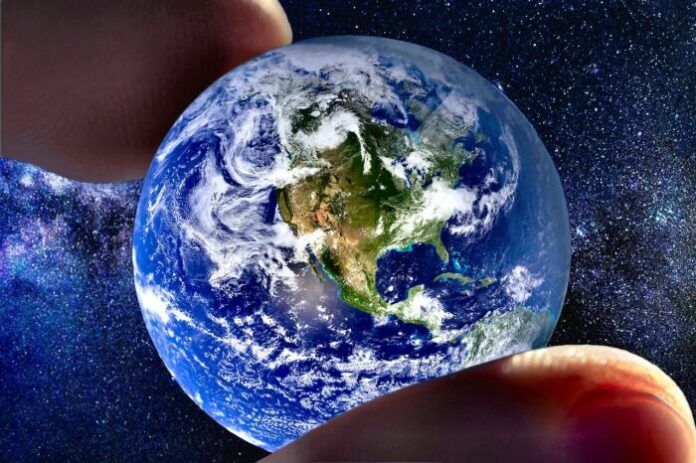
August 1st marks Earth Overshoot Day 2024, the day of Earth’s overexploitation calculated annually by the Global Footprint Network, which shows that in just 7 months humanity has already used up what it takes the Earth 12 months to regenerate. Globally we are consuming the equivalent of 1.7 planets per year, a dramatic figure that could rise to two planets by 2030 based on current trends. The WWF, as part of its Our Future campaign, is communicating these days some tips on its social channels for simple gestures that, if we all did them, could delay the arrival of this date by even a few months.
Earth Overshoot Day is calculated by dividing the Planet’s biocapacity (the amount of ecological resources the Earth is able to generate in that year) by humanity’s ecological footprint (the demand of our societies for that same year) and multiplying everything by 365, the days in a year.
This means that as of Thursday, 1 August 2024, mankind has already ‘run out’ of all the resources that Nature produces in an entire year and begins to go into debt. Humanity, with its more than 8 billion inhabitants, consumes in excessive quantities, beyond the regeneration (and reabsorption) capacity of the Planet. 50 years ago, in 1974, Overshoot day fell on 30 November: we were one month over our annual budget. In 2004, it was 2 September, in 2014 5 August. The date has always moved forward and our ecological debt has grown.
The persistence for more than half a century of this state of overexploitation of nature has led to a drastic loss of biodiversity, an excess of anthropogenic greenhouse gases in the atmosphere, the effects of which are becoming more evident as the frequency and intensity of heat waves, forest fires, droughts and floods increase, posing a threat to our very survival.
This date was part of a record-breaking summer, with 21, 22 and 23 July being the three hottest days on record in the world since 1940, according to the Copernicus European Climate Change Service. An all-time record was set on 22 July with a global average temperature of 17.16 degrees, breaking previous records: 17.09 °C on 21 July (the day before) and 17.08 °C a year ago, on 6 July 2023. What is more worrying, however, is the trend over the past year: June 2024 was the 13th consecutive month in which the global temperature was off the respective previously recorded months and the 12th in which it reached 1.5 °C above pre-industrial levels.
According to the WWF, there are many solutions that can be adopted at a community or individual level to have a significant impact on the kind of future we invest in: for example, if we used energy generated 75 per cent from renewable sources (compared to 39 per cent today) we could move Overshoot day forward by 26 days; saving and using existing energy-efficient technologies for buildings, industrial processes and power generation could make up another 21 days.
‘While up until the 1960s humanity was more or less in balance with Nature, from year to year the date has moved up the calendar, arriving today at the beginning of August. This means that humanity has been in ecological overshoot for more than 50 years. Living constantly above the physical possibilities of our Planet is a finite possibility; we risk ecological disaster: the goods and services that underpin our societies and economies are all produced by healthy, functioning ecosystems. We now have many targeted solutions to reverse the overexploitation of resources and support the regeneration of the biosphere in which we live. Opportunities come from all sectors of society. Even just getting our food systems right could reduce our debt: halving meat consumption would buy another 17 days, eliminating food losses and waste that plague the planet another 13 days. It is imperative to act now and not waste any more precious time,’ says Eva Alessi, WWF Italy’s Sustainability Manager.
Italy is also one of the countries with the highest ecological debt. Overshoot Day for our country already arrived on 19 May: from that date, if everyone consumed as we do, we would owe the planet 226 days by the end of the year. In practice, if everyone lived like the Italians, we would need 2.6 planet Earths to satisfy our collective needs.



































